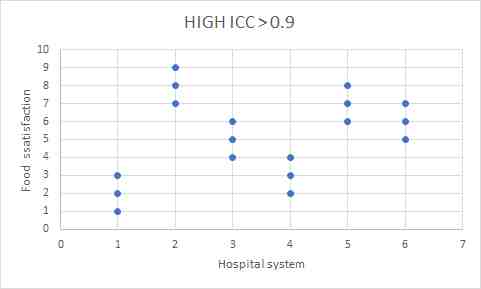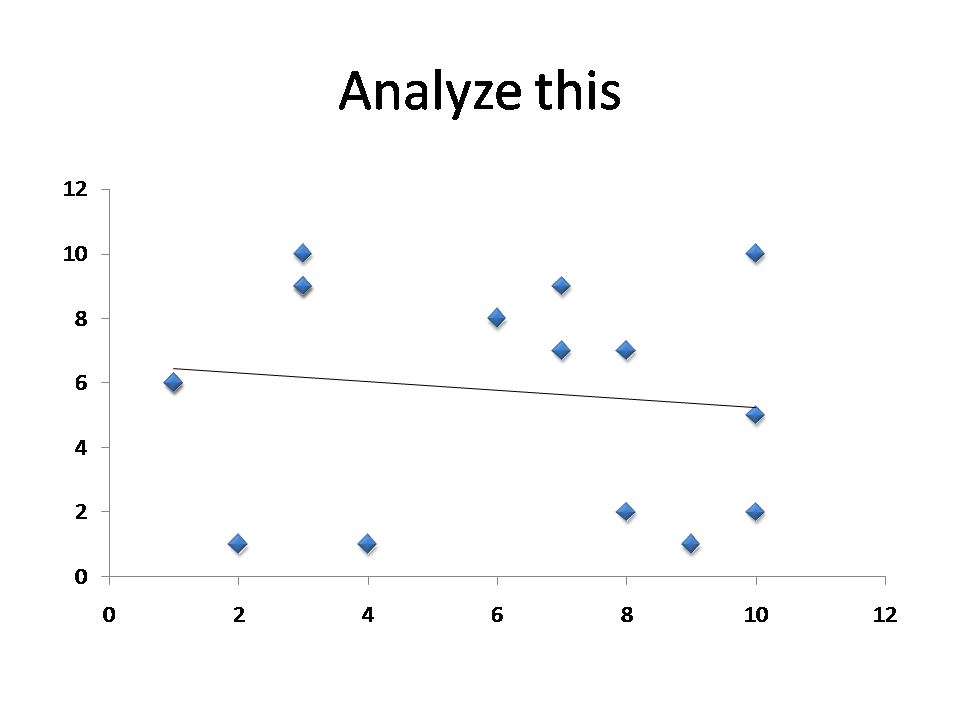Tag: statistics
-

Cronbach’s alpha
A statistics concept that has been used for a specific purpose. This has been used to interpret how well the scales, surveys (or test items) function for determining a factor under consideration. It is used to determine reliability or the internal consistency of the test item. The surveys are used to measure things that are…
-

Intraclass coefficient and Clinical Trials
One technique that is used to compare two groups in statistics is to measure whether they are correlated or not – for example, if you are trying to correlate whether food consumption and weight gain are related to each other. There are several tests to tell you whether that is true or not. However, it…
-

Big Data analysis for language translation
Translating languages is a tough problem and there were many players in the market. However, Google seems to dominate the market with their search appliances and other vendors have been reduced to domain specific areas. So why has Google been successful? Is it just a question of resources? To translate language requires two broad steps.…
-

Bayes Theorem
How do we make sense of all the data that is being generated? Traditional statistics seems to fail to analyze such huge numbers and permutations and some mathematicians have suggested that Bayesian methods might be the answer. Search for an explanation of Bayes Theorem or Bayes Statistics and you will find countless documents. One search…
-

Statistical approaches
Scientists frequently use statistics to determine the validity of their results. Usually a statistician gets involved and then there are statistic tests that are run to test the hypothesis. Most frequently these statistics tests are run with one specific goal. Test to determine whether these observed phenomenon are just random events i.e. signal vs. noise.…